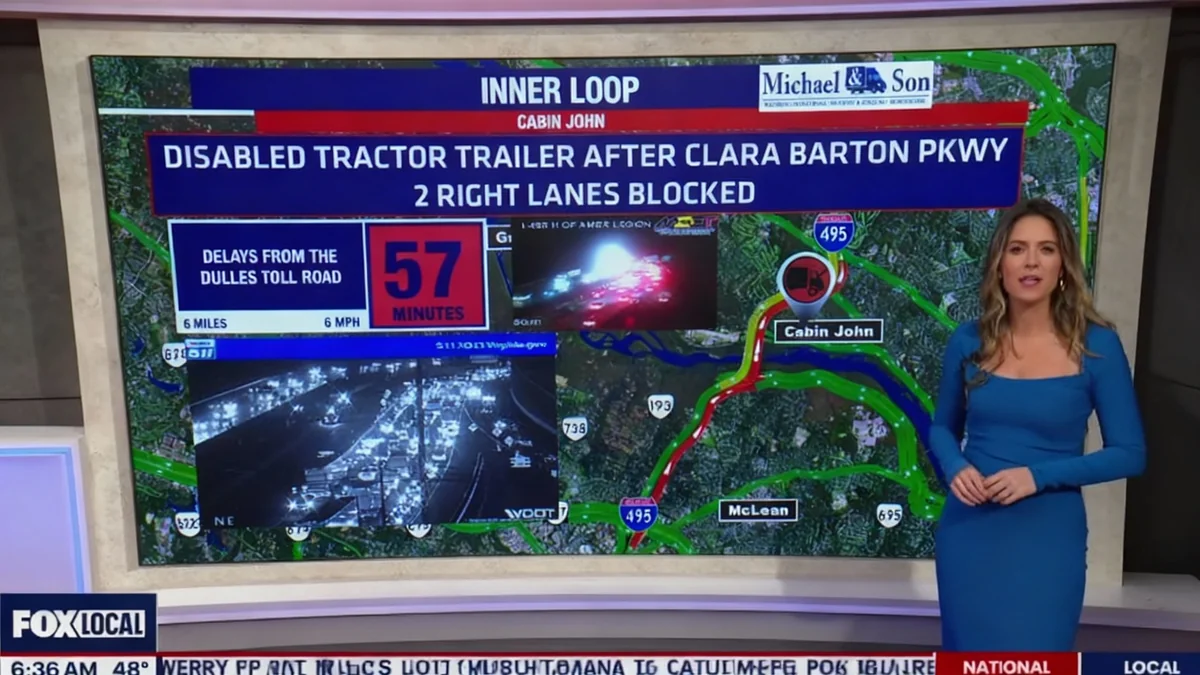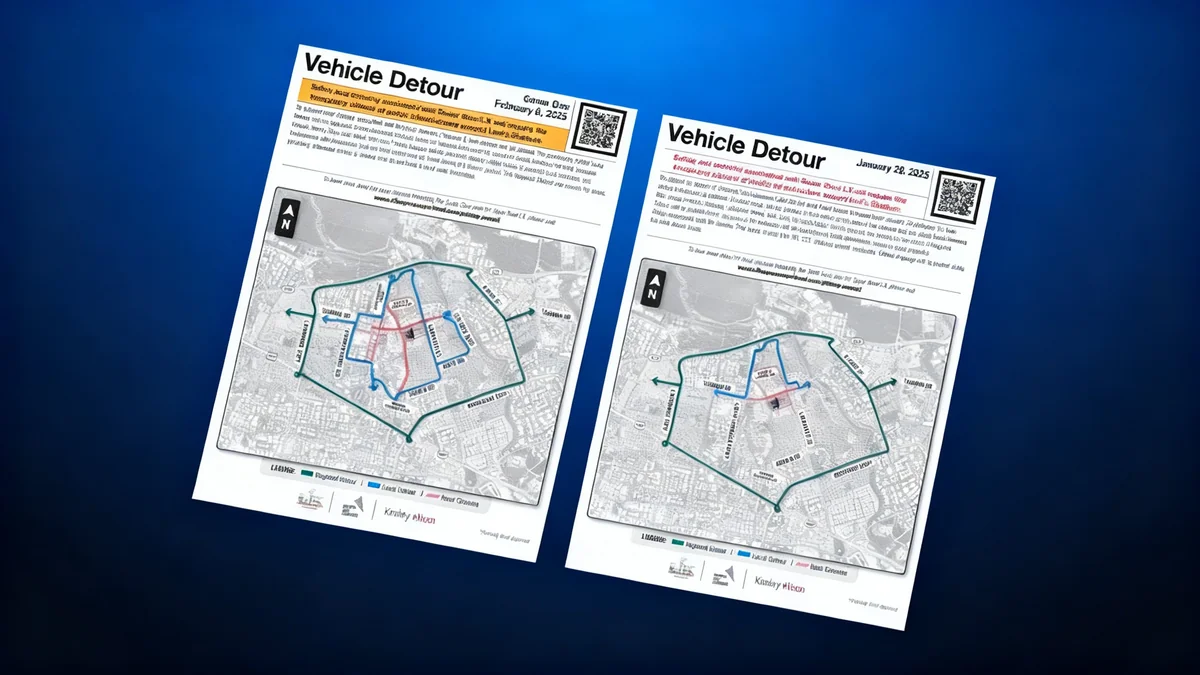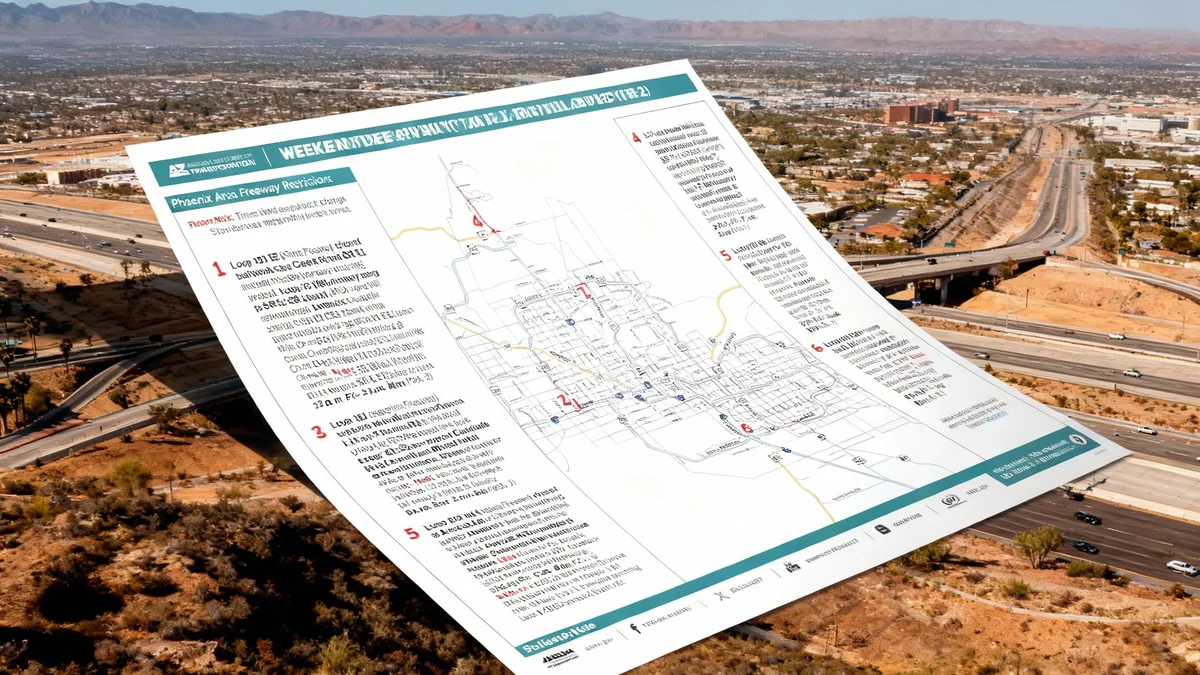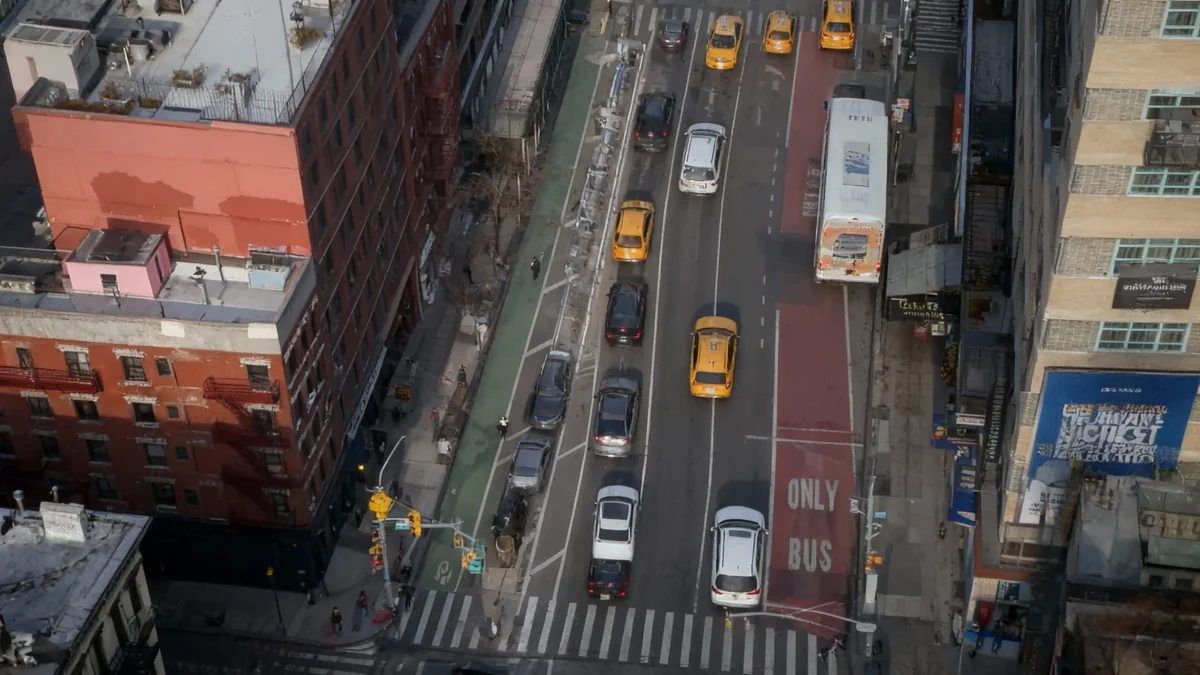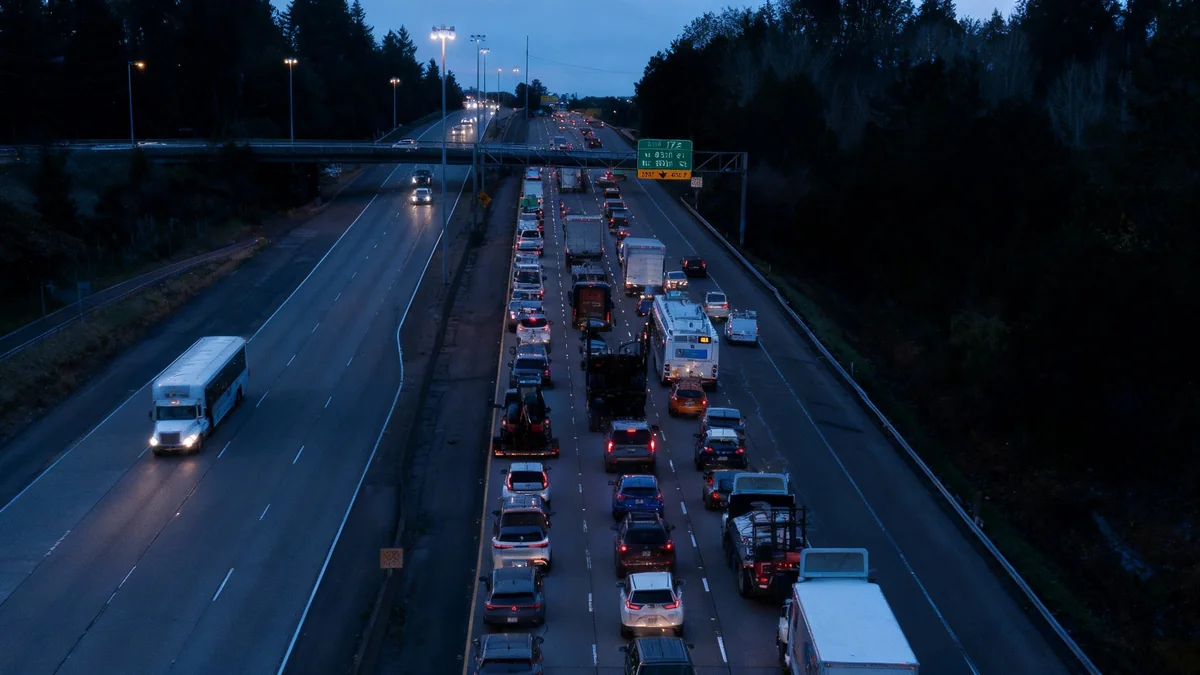Drivers across the Washington, D.C. metropolitan area experienced significant delays during the Tuesday morning commute. Multiple incidents, including a disabled tractor-trailer, multi-car collisions, and various crashes, created extensive backups on major roadways like the Beltway, I-95, and BW Parkway. Commuters faced waits of up to an hour in some affected zones.
Key Takeaways
- A disabled tractor-trailer on the Outer Loop near Cabin John caused nearly hour-long delays.
- Multi-car crashes in Bethesda added to congestion on the Outer Loop near Old Georgetown Road.
- Separate incidents on I-95 in Woodbridge and BW Parkway in Greenbelt also slowed traffic.
Major Incidents Cripple Morning Traffic
The morning commute on Tuesday became a challenge for thousands of drivers in the Washington, D.C. region. Incidents began to unfold early, impacting critical arteries. The Outer Loop of the Beltway was particularly affected near Cabin John.
A disabled tractor-trailer blocked two right lanes just past Clara Barton Parkway. This single incident led to extensive backups, with delays stretching for nearly an hour for drivers coming from the Dulles Toll Road area.
Traffic Fact
Commute times for some segments of the Outer Loop increased by over 200% compared to typical morning travel.
Multi-Vehicle Collisions Add to Bethesda Congestion
Further compounding the traffic issues, a multi-vehicle collision occurred on the Outer Loop between Old Georgetown Road and the Bradley Boulevard overpass in the Bethesda area. Several lanes were blocked as a result of this incident, adding to the already heavy morning congestion.
Emergency services responded to the scene to manage the situation and clear the affected lanes. Drivers in this specific area were advised to seek alternate routes or prepare for extended travel times.
"The sheer number of incidents across the region this morning created a perfect storm for commuters. We saw delays escalating rapidly as new crashes were reported," commented a traffic monitoring official.
Southern Commute Bottlenecks
The traffic woes were not limited to the northern segments of the region. Drivers traveling northbound on I-95 through Woodbridge also encountered significant slowdowns. A multi-vehicle crash just after Prince William Parkway initially blocked lanes.
While the crash was eventually moved to the shoulder, residual delays persisted from Dale Boulevard. This affected commuters traveling from areas further south into the D.C. metropolitan core.
Understanding Commute Patterns
The Washington, D.C. area consistently ranks among the most congested in the United States. Daily commutes often involve navigating multiple state lines and a complex network of highways. Even minor incidents can have cascading effects across the entire system.
BW Parkway Affected in Greenbelt
Another crash was reported on the northbound BW Parkway near Explorer Road in Greenbelt. The exact lane status following this incident remained unclear for a period, contributing to uncertainty and further delays for drivers on that route.
Authorities urged drivers to remain vigilant and use real-time traffic applications. These tools provide up-to-the-minute information on incidents and suggested detours, helping commuters make informed decisions during such chaotic periods.
- Impacted Areas: Cabin John, Bethesda, Woodbridge, Greenbelt.
- Major Roads: Outer Loop of the Beltway, I-95 North, BW Parkway North.
- Primary Causes: Disabled vehicle, multi-car crashes.
Advice for Future Commutes
Given the unpredictable nature of traffic incidents, commuters are always encouraged to plan ahead. Checking traffic conditions before departing can save significant time and reduce stress. Utilizing navigation apps that offer real-time updates and alternative routes is crucial.
Allowing extra travel time, especially during peak hours or when adverse weather is expected, serves as a vital buffer. Public transportation options, where available, can also provide a reliable alternative to driving during periods of severe road congestion.
The series of events on Tuesday morning highlighted the fragility of the region's transportation network. Even with swift responses from emergency services, the sheer volume of vehicles can quickly lead to widespread gridlock when multiple incidents occur simultaneously. Residents should be prepared for similar challenges in the future.

